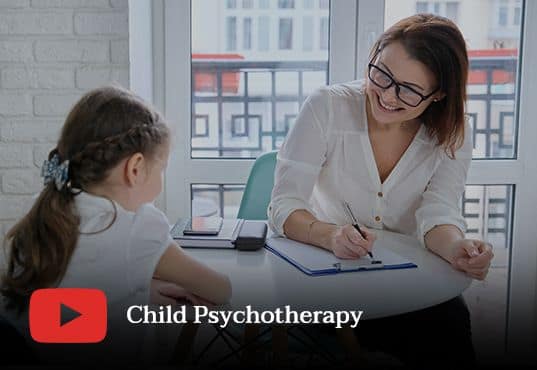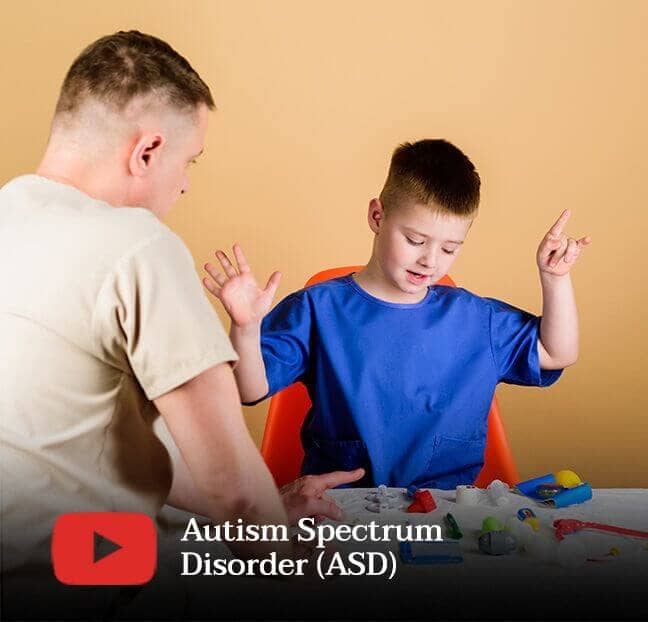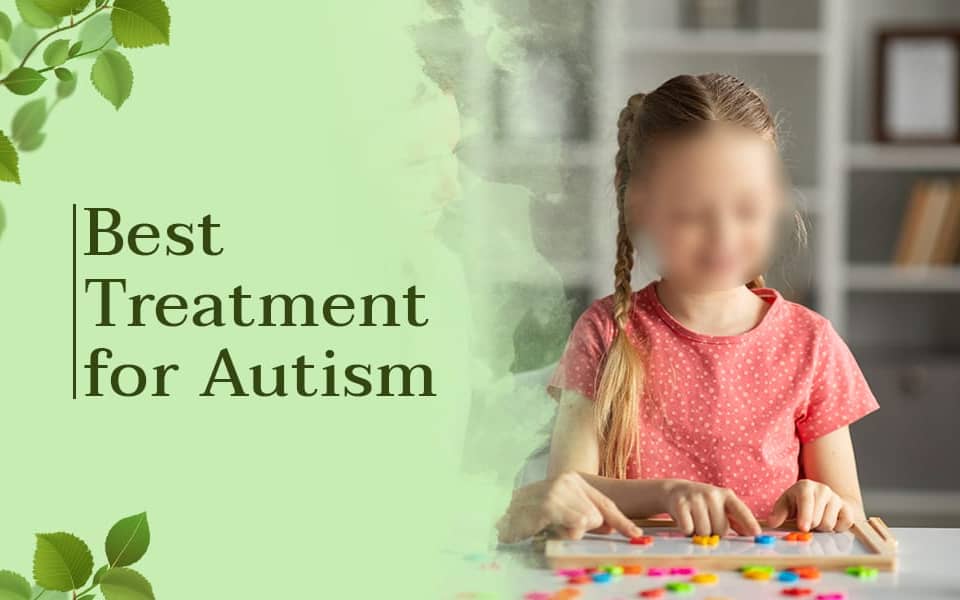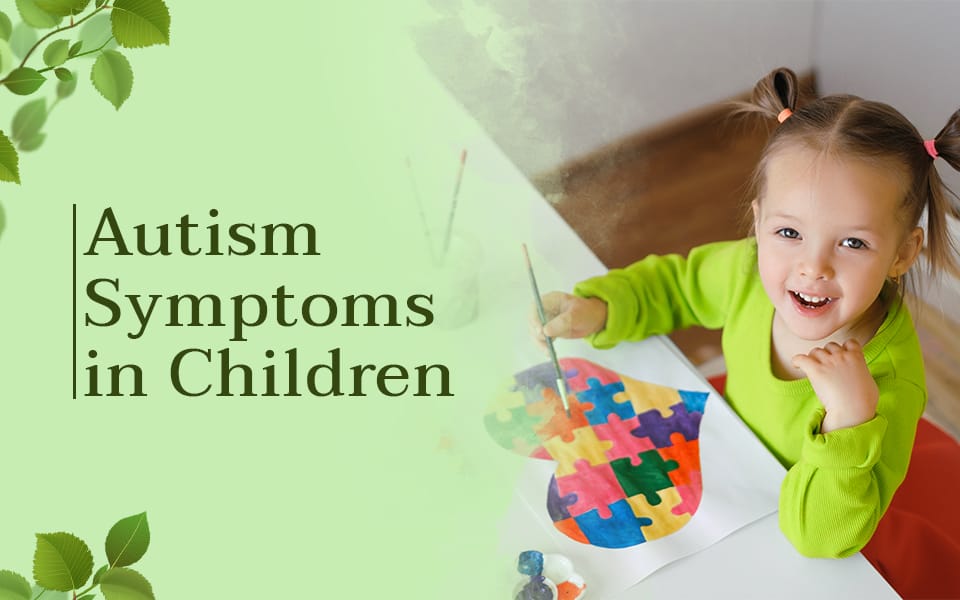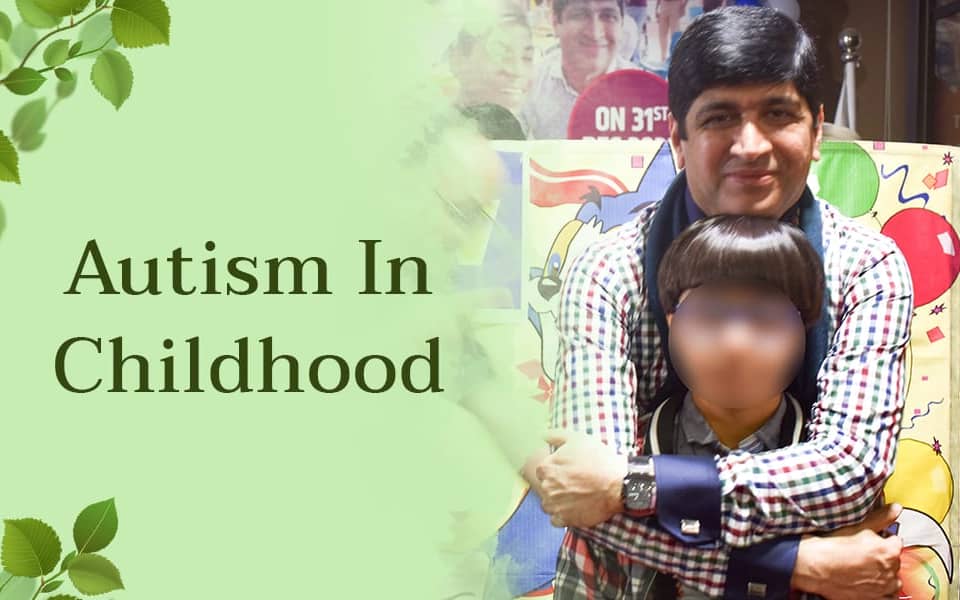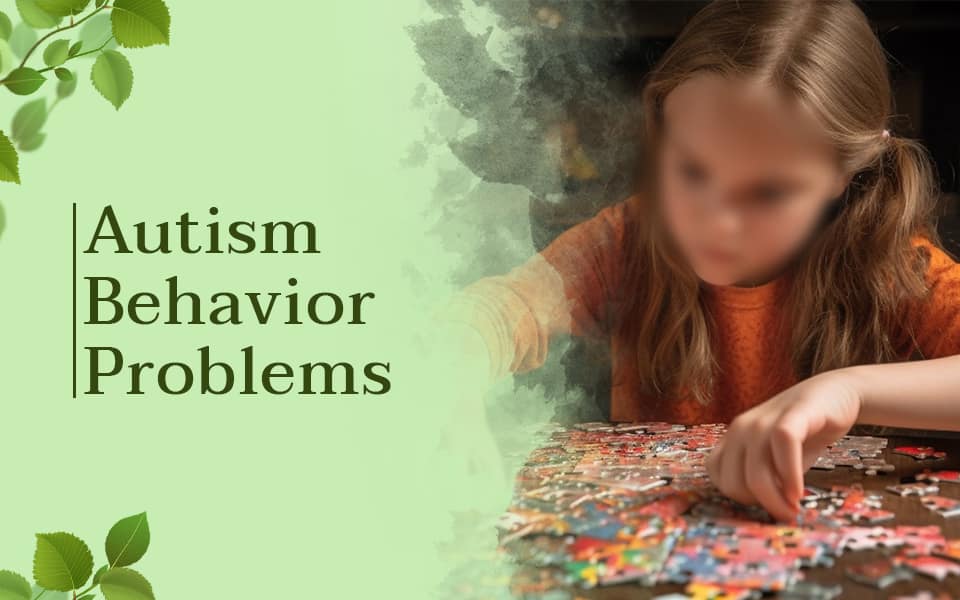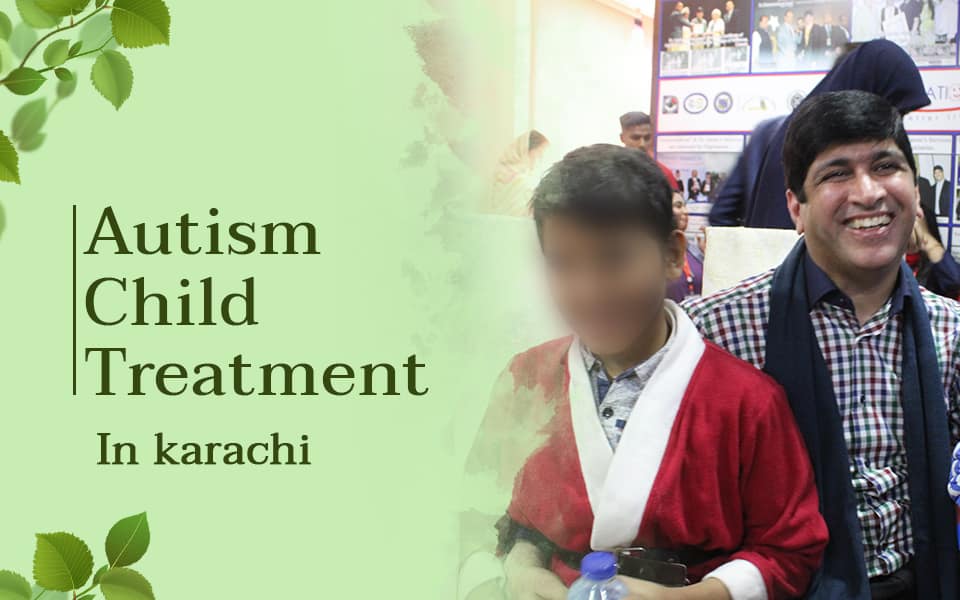
Child Psychotherapy & Autism Treatment Center in Karachi
Book An Appointment For Intake Session / Consultancy / OPD charges Rs. 1000/- only
Connect With Us For The Consultancy
Transformation
Transforming an individual’s dependent life towards independence.
Integrated
Holistic approach is integrated to transform life towards independency.
Learning
Individual will able to learn to transform his/her weakness into strengths, develop new skills, discover his abilities and talents and explore the world around in the most effective way.
Centre
The centre where you can avail all the services under one roof according to your needs, transforming yourself towards independence and kicking out all the barriers of dependency.

Inspire for Better Living…
Let’s Connect!
How TILC Program Runs
- Our individualized education and training program includes, psychologists, psychiatrist consultant neurologist, ABA therapist, speech therapist, occupational therapist, nutritionist, specialized teaching experts and rTMS specialist.
- Utilizing an integrated approach to teach and learn in which we identify individual strength and area for growth in social, communication, language, emotional, physical, intellectual, and academic areas of their life.
- We accommodate various learning styles auditory, visual/spatial, kinesthetic, logical and linguistic areas.
- It is basically a learning program that is designed according to children’s ability to enhance not only in academics but also work on enhancement of activities of their daily living (ADL) skills, personal skills, communication skills and social skills with the aim to make child capable and independent.
What are the benefits?
TILC work on multiple areas after comprehensive assessment in which we identify deficit area and tailor to remediate the deficiencies as per child’s need. This program helps the child to utilize all of his potential effectively, promote wellbeing and facilitate child independence to their maximum extent with the help of experts.
This Program Is For:
- Children with academic and learning problems (children with neurodevelopmental delays,
- Learning difficulty, lack of interest in studies and anxiety issues etc. )
- Problem with brackets, and neurodevelopmental delay.
- Autism spectrum disorder
- Attention deficit hyperactivity disorder
- Learning difficulties
- Speech and language problems
- Communication Delays
- Attention and focus issues
- Motor and sensory problems
- Emotional and behavioral problems including sibling rivalry , isolation , separation anxiety, low mood and low socialization
- Childhood Eating and feeding difficulties (Pica, obesity , craving etc )
- Fear and Phobias
- Parental Counseling
Treatment Approach
Our Holistic Approach Includes:
- Behavior Therapy
- Cognitive Behavior Therapy
- Art therapy
- Play therapy
- Applied behavior Analysis Techniques
- Speech Therapy
- Physical Therapy
- Occupational Therapy
- Sensory integrated therapy
- Self-help and social skills training
- Education – inclusion in normal stream or special education
- Vocational training
- Family Counseling
- Parental counseling.
- Parent training for home based intervention
Child Psychotherapy Services in Karachi
Autism Spectrum Disorder (ASD)
Autism Spectrum Disorder (ASD) is a neurodevelopmental condition that affects a person's ability to communicate, interact socially, and engage in repetitive behaviors. The disorder can be diagnosed in early childhood, typically around the age of 2-3 years old, and it is a lifelong condition. ASD is referred to as a spectrum disorder because it encompasses a wide range of symptoms and severity levels. While individuals with ASD share common characteristics, the specific manifestations and challenges they face can vary significantly from person to person. Some individuals with ASD may have significant intellectual and language impairments, while others may have average or above-average intelligence.
It is estimated that the prevalence of ASD in Pakistan is similar to the global prevalence, which is approximately 1 in 160 children. In 2017, the estimated prevalence of ASD in Karachi, the largest city in Pakistan, was 1.3%. In 2019, the estimated prevalence of ASD was 1.45% in school-age children in Lahore. Additionally, many cases of ASD in Pakistan may go undiagnosed or misdiagnosed due to a lack of awareness and resources for autism diagnosis and treatment. Overall, the prevalence of autism in Pakistan is likely similar to global estimates, but more research is needed to accurately determine the prevalence and characteristics of ASD in the country. Awareness and education about autism, as well as increased resources for diagnosis and treatment, are necessary to improve the lives of individuals with ASD and their families in Pakistan.
Let’s explore the different aspects of Autism Spectrum Disorder, including its causes, symptoms, diagnosis, treatment, and support resources.
Causes of Autism Spectrum Disorder
The exact causes of Autism Spectrum Disorder are not yet fully understood. However, research suggests that a combination of genetic and environmental factors may play a role, more research is needed to fully understand how these factors interact and affect the development of the disorder.
Symptoms of Autism Spectrum Disorder
The symptoms of autism can vary widely between individuals and can range from mild to severe. In general, autism is often diagnosed in early childhood, and the symptoms can be grouped into three categories: social communication, social interaction, and repetitive behaviors and interests.
Social communication symptoms:
One of the key symptoms of autism is difficulty with social communication. This can include:
- Delayed or absent speech: Children with autism may not start speaking until later than usual, or they may not speak at all.
- Difficulty initiating and maintaining conversations: Individuals with autism may struggle to start a conversation, keep it going, or understand when it is their turn to talk.
- Difficulty understanding nonverbal cues: People with autism may have trouble interpreting facial expressions, body language, and tone of voice, which can make it difficult to understand social interactions.
- Difficulty with figurative language: Individuals with autism may take language literally and have difficulty understanding metaphors or idioms.

Social Interaction Symptoms
Another key symptom of autism is difficulty with social interaction. This can include:
- Difficulty making friends: Children with autism may struggle to initiate and maintain friendships with their peers.
- Lack of interest in socializing: Individuals with autism may prefer to be alone or engage in solitary activities, rather than spending time with others.
- Difficulty understanding social norms: People with autism may have trouble understanding the unwritten rules that govern social interactions, such as taking turns in conversation or respecting personal space.
- Difficulty with empathy: Individuals with autism may struggle to understand and respond appropriately to the emotions of others.
Autism treatment center in Karachi
How TILC Plan For An Individual is Formulated to Take Him Towards Independence
The rehabilitation program is divided into 3 main developmental stages. These 3 stages help to identify individual’s strengths, area to work on, the need of their Behavioral Modification as well as their physical and sensory needs on which our client’s individual developmental plan is finalized.
First Stage
- Rehabilitation urgency
- Client’s level of motivation
- Client level of skill functioning
Second Stage
- Develop major program steps
- Sequence major program steps
- Develop and Sequence necessary secondary steps
Third Stage
- Develop timeliness for major steps
- Develop reinforcement steps
- Implement necessary teaching steps
- Monitor client performance
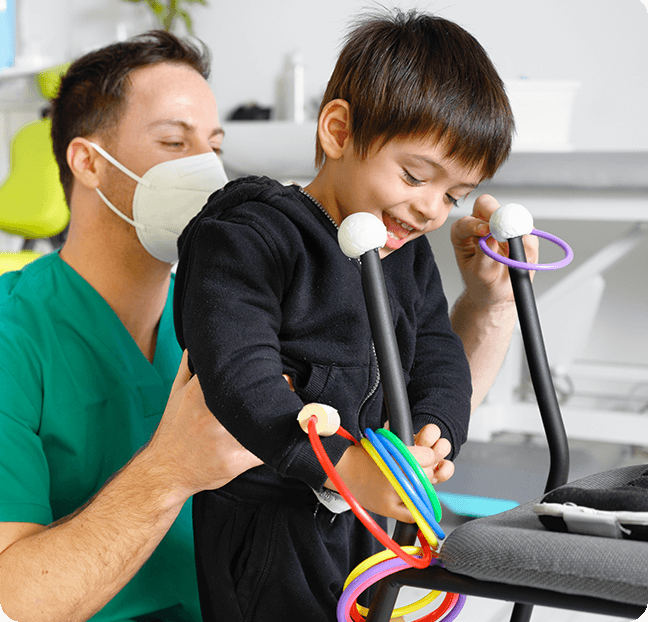
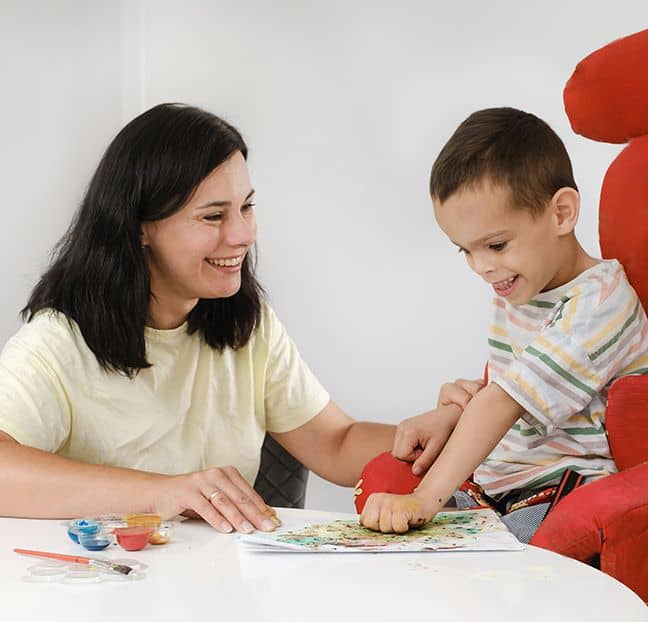
TILC Offers
Individualized Education and
Learning Program
Self Care Skills are the skills that a person needs on a daily basis to live independently. They includes self-care skills are eating, dressing, bathing, toileting and grooming. Teaching independent self-care is the process that begins at birth and goes on into adulthood. Learning everyday functional skills or tasks helps to build independence, self-esteem, and increase the likelihood that a child will be successful across multiple environments.

